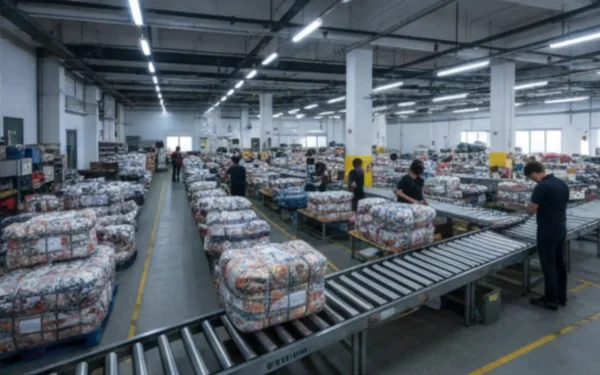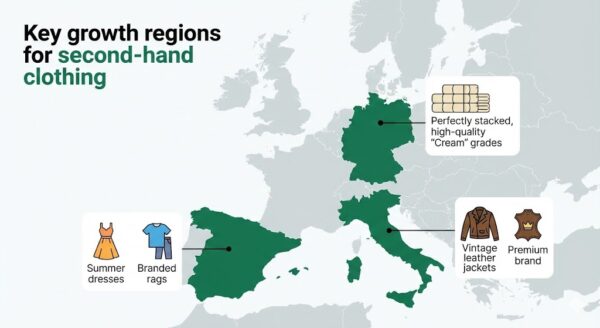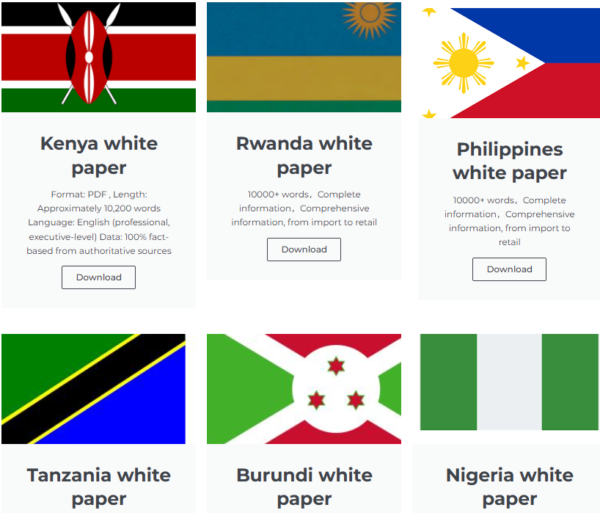Introduction:
In recent years, the second-hand clothing market in South Africa has experienced remarkable growth, driven by factors such as affordability, sustainability, and the desire for unique fashion finds. With an increasing number of consumers opting for pre-loved garments, the demand for second-hand clothes has soared across the country.
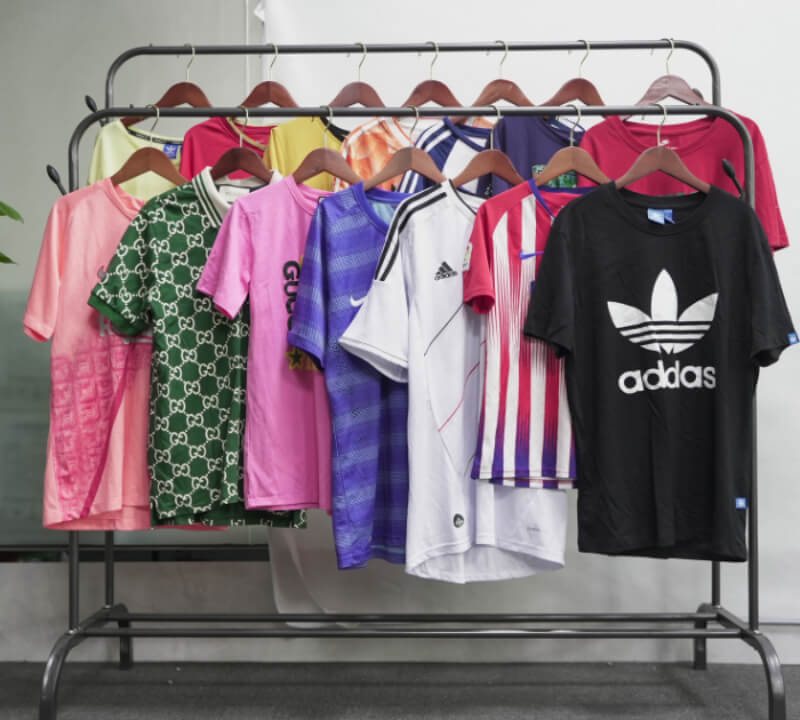
1. Diverse Selection: Second-hand Clothing Bales from China
China serves as a key supplier of second-hand clothing bales to South Africa, offering a diverse selection of garments ranging from coats and jackets to everyday apparel. These bales provide retailers with a cost-effective way to stock their stores with high-quality merchandise while catering to the varied tastes and preferences of South African consumers. From vintage finds to contemporary fashion pieces, Chinese suppliers offer an extensive range of options to suit every style and budget.
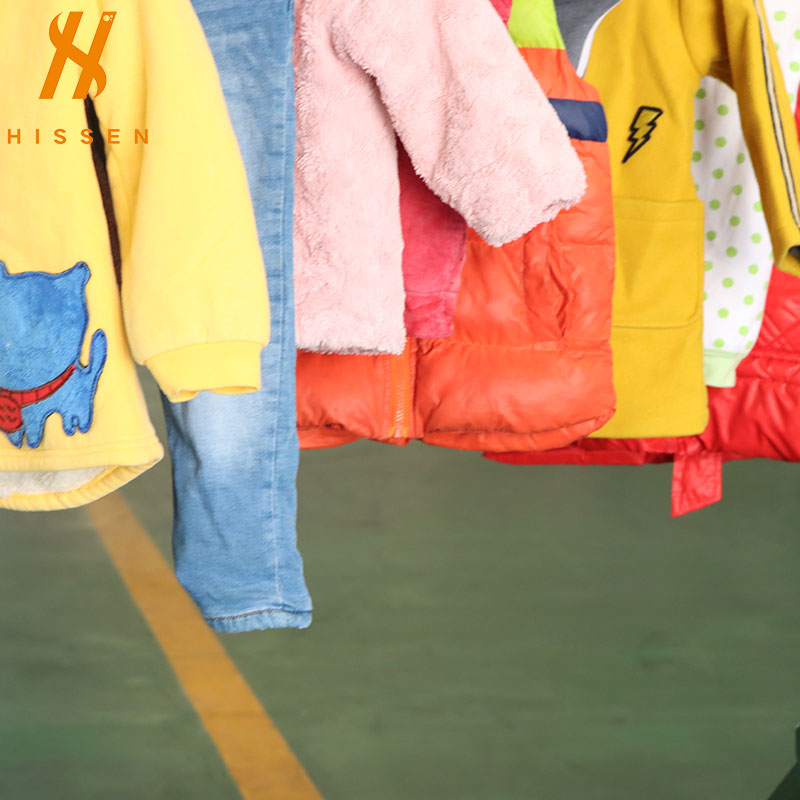
2. Competitive Pricing: Bulk Second-hand Clothing
One of the primary advantages of importing second-hand clothing from China to South Africa is the competitive pricing offered by Chinese suppliers. By purchasing in bulk, retailers can benefit from economies of scale and negotiate favorable pricing terms, ultimately increasing their profit margins. This affordability allows retailers to offer competitive prices to consumers, attracting a broader customer base and driving sales in the competitive retail landscape of South Africa.
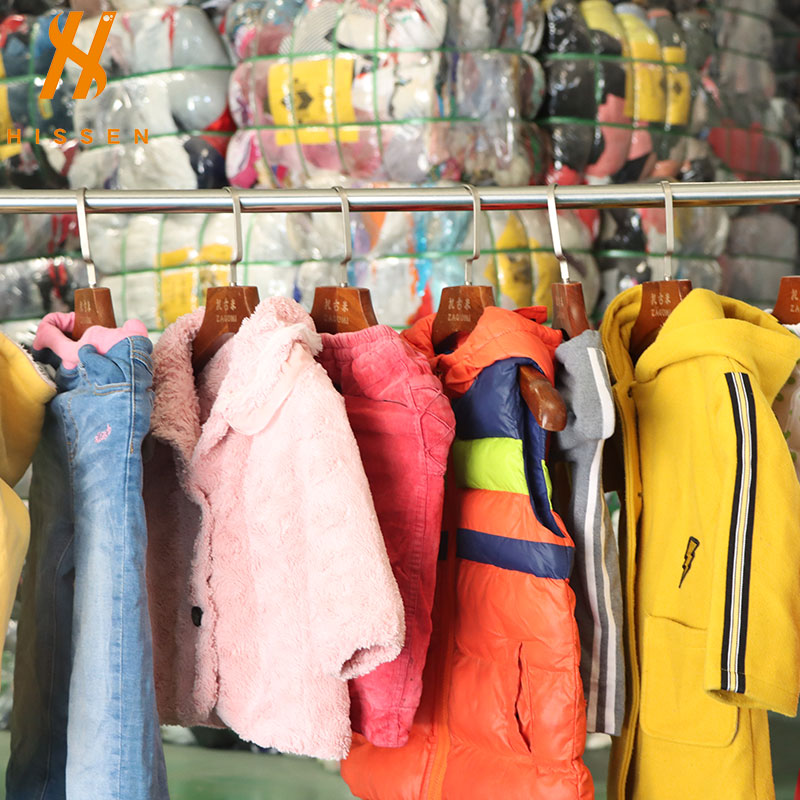
3. Wholesale Distribution: the Market Demand of Second-hand Clothing
With the rise of e-commerce and digital platforms, wholesale distribution has become increasingly accessible for retailers importing second-hand clothing from China. Through online marketplaces and wholesale channels, retailers can reach a wider audience and tap into the growing demand for second-hand clothing in South Africa. By strategically marketing their products and leveraging social media platforms, retailers can establish a strong online presence and capitalize on the convenience and accessibility offered by online shopping.
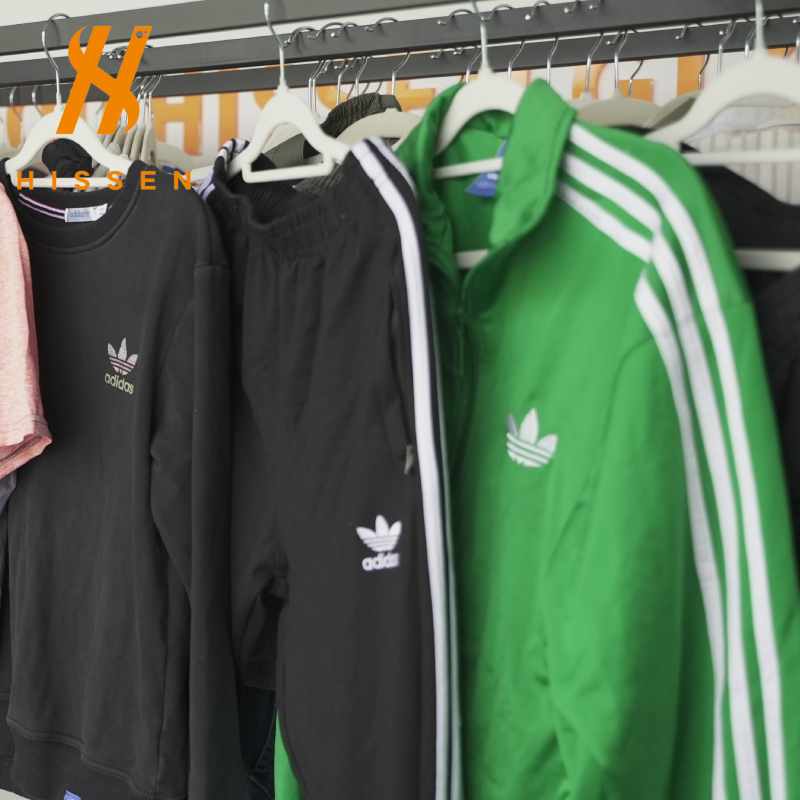
4. Entrepreneurial Opportunities: Second-hand Clothing Business
For aspiring entrepreneurs in South Africa, the second-hand clothing business presents a lucrative opportunity to enter the retail market and establish a successful venture. By sourcing second-hand clothing bales from China, entrepreneurs can start their businesses with minimal investment and overhead costs. Whether operating brick-and-mortar stores or online platforms, entrepreneurs can leverage the popularity of second-hand clothing and create unique shopping experiences for consumers across South Africa.
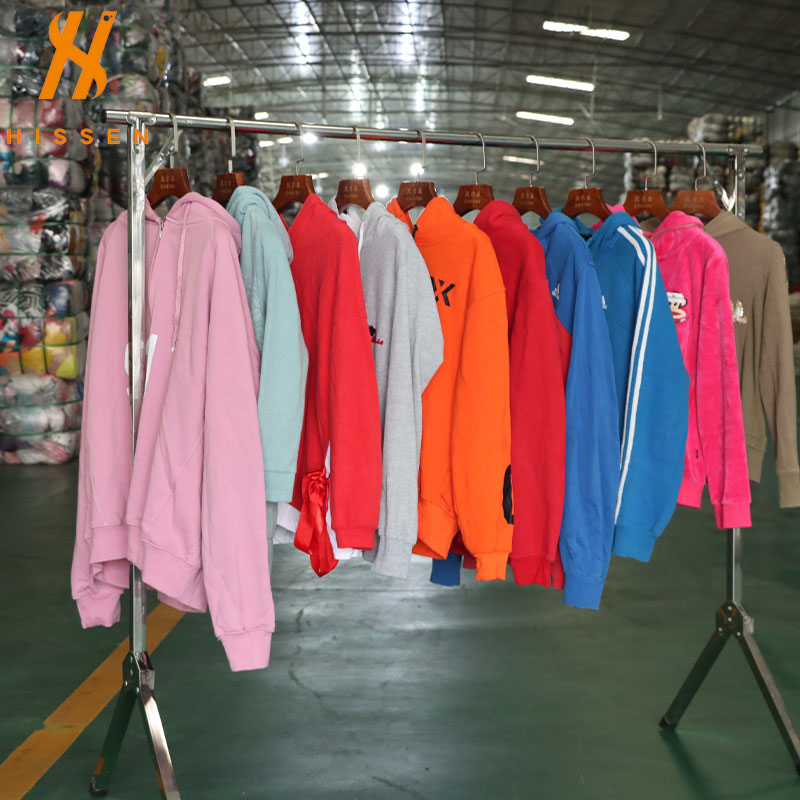
5. Sustainable Fashion: The Benefit of Second-hand Clothing
Beyond profitability, importing second-hand clothing from China to South Africa contributes to sustainable fashion practices and environmental conservation efforts. By extending the lifecycle of clothing through resale and reuse, the second-hand clothing market reduces the strain on natural resources and minimizes textile waste. This emphasis on sustainability resonates with eco-conscious consumers in South Africa, driving demand for pre-loved garments and fostering a culture of responsible consumption.
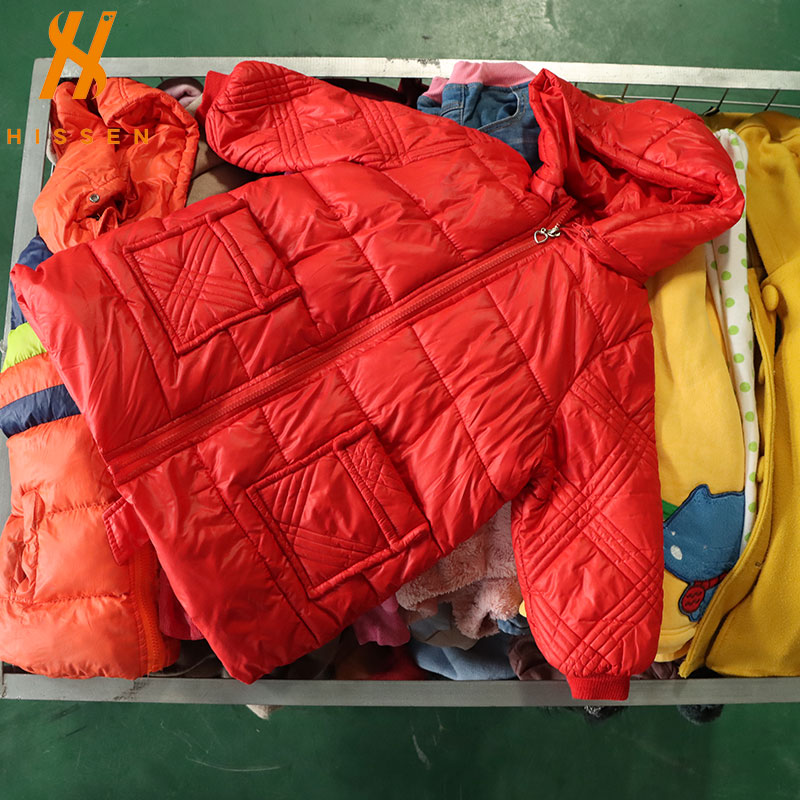
6.Conclusion
In conclusion, importing second-hand clothing from China to South Africa presents a wealth of profitable opportunities for retailers and entrepreneurs alike. With a diverse selection of garments, competitive pricing, and wholesale distribution channels, Chinese suppliers cater to the growing demand for second-hand clothing in South Africa while promoting sustainability and environmental consciousness. By embracing the second-hand clothing market, retailers and entrepreneurs can tap into the vibrant fashion landscape of South Africa and unlock new avenues for growth and success.
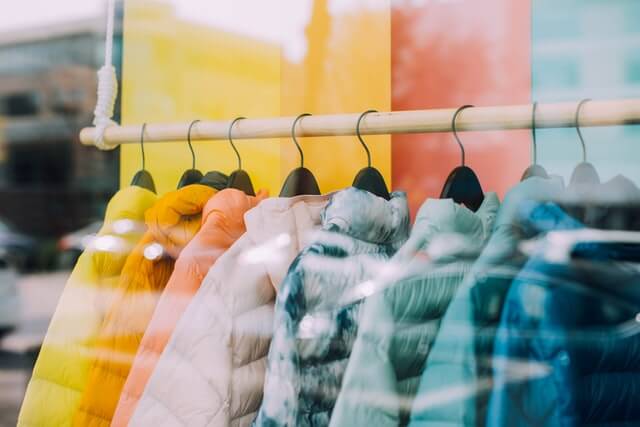
Hissen is the largest second-hand clothing company in China.
With over 10 years of experience in the second-hand clothing business,
we roots into domestic and international markets and enjoys great reputation for providing customers with quality products and stable supply.
Now we are searching a capable partner in your country to grow up together with nice wealfare, are you interested?
If you have any needs,
Inquiry Now
Get in Touch Now

Excellent Quality Control

High Quality Raw Materials

Professional Services

Excellent After-sales Service

